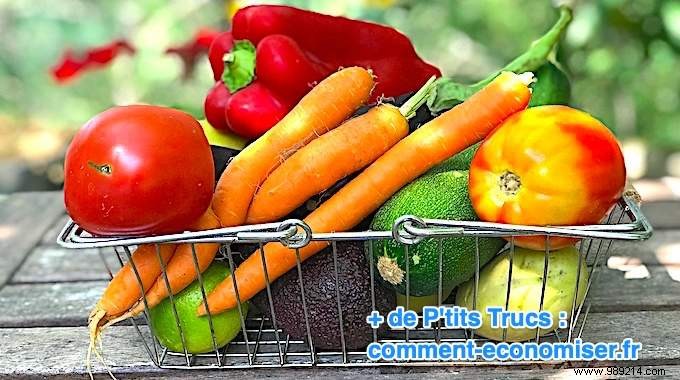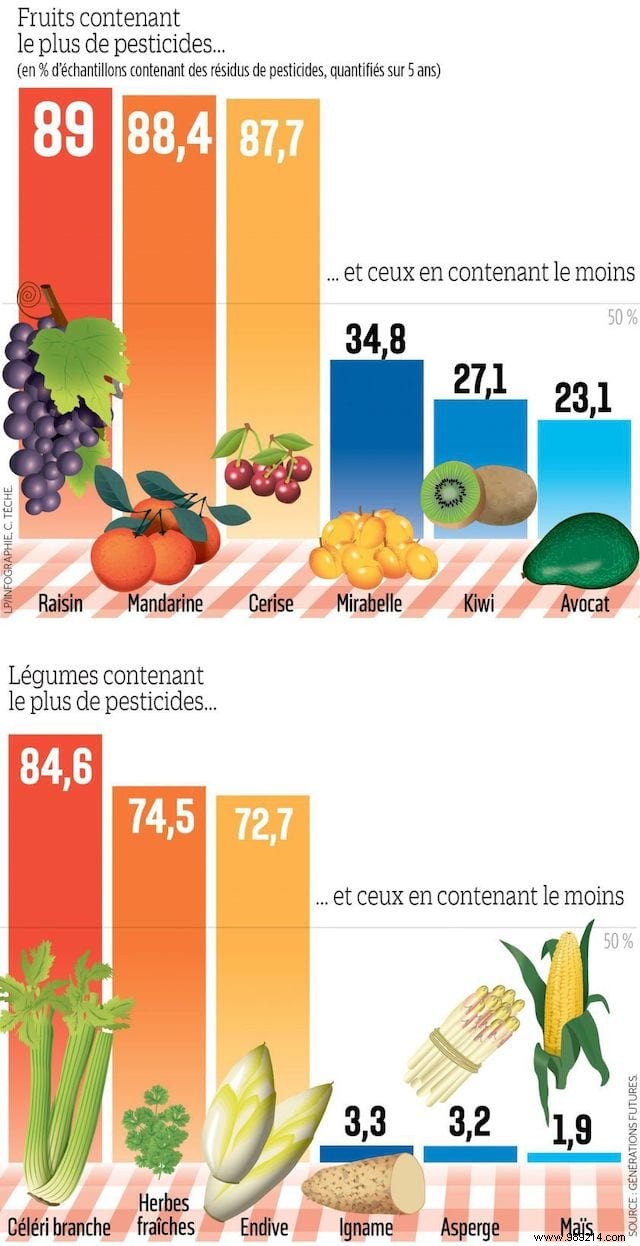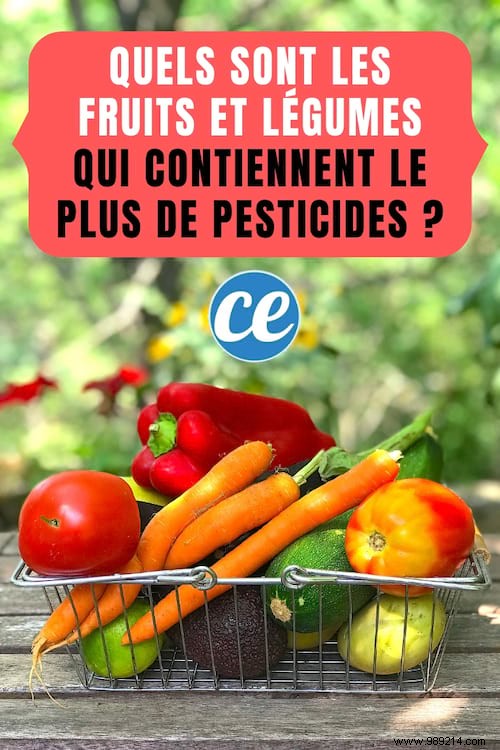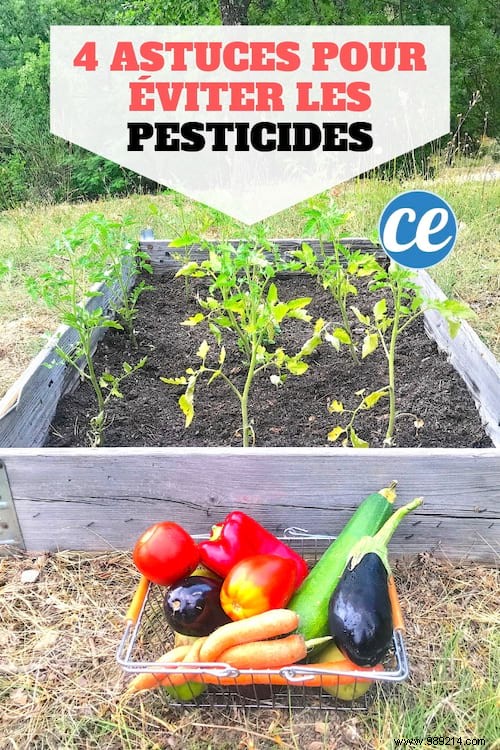
Following the advice to eat five fruits and vegetables daily is wise for health—but pesticide residues change the equation. Générations Futures, a respected French environmental nonprofit, tested samples and ranked produce by contamination levels. Their findings, based on rigorous lab analysis, guide smarter shopping choices.
Explore this evidence-based list of the most and least contaminated fruits and vegetables below.

These fruits topped the list for pesticide residues, ranked from highest to lowest:
Opt for these lower-residue options:
Apples, a French favorite, showed residues in 79% of samples. Générations Futures reports an average of over 36 chemical treatments per orchard in 2015—a concerning figure warranting caution. For more, see: French Apples Are Well Poisoned With Pesticides: Justice Proves Greenpeace Right.
Vegetables with the highest residues include:
Better bets for fewer pesticides:
Access the full Générations Futures report here.

François Veillerette, Générations Futures president, notes it's unacceptable to find such widespread residues. He calls for reduced pesticide use, criticizing past government plans as ineffective.
Veillerette recommends French-grown items: No post-harvest treatments are allowed here, unlike some imports. Less than 1% of domestic produce exceeds residue limits, vs. 3% for imports.
France authorizes 309 chemical pesticides against pests. Yet mixtures and low doses pose unassessed risks, per Inserm. Ongoing studies examine child development impacts and adult carcinogenicity.

What strategies do you use to minimize pesticides? Share in the comments!